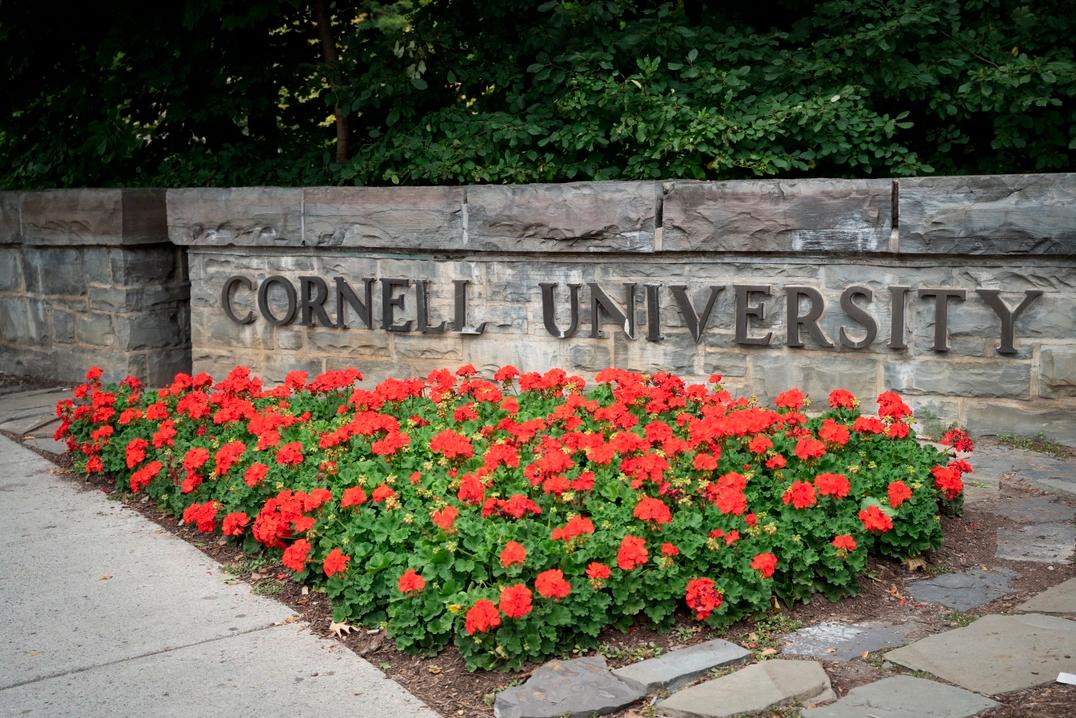With the Oregon governor’s race now rated a “toss-up” by both the University of Virginia’s Center for Politics and the Cook Political Report, three candidates are busy staking out what they hope will be their path to victory in November.
On Sept. 27, Democrat Tina Kotek, Republican Christine Drazan, and non-affiliated candidate Betsy Johnson answered questions from residents in the state’s central region before Oregon State University-Cascades students and staff.





